MedTech Week Magazine 2020 At a glance
Highlights from the 6th Edition of the Award-Winning MedTech Week Magazine
7 million
social media impressions
Future generations may ask: What did you do when the COVID-19 crisis struck? The pandemic challenged all of us, personally and professionally, and I am proud to be part of a sector that found solutions to our shared problems. In the face of adversity, we jumped into action.
19
Countries
Participating
40
Members
Engaged
12
Active Campaigning
Weeks
24
expert & patient
perspectives
88
activities
during this week
59,000
media impressions
75,000
website pageviews
300,000
billboard views
Articles
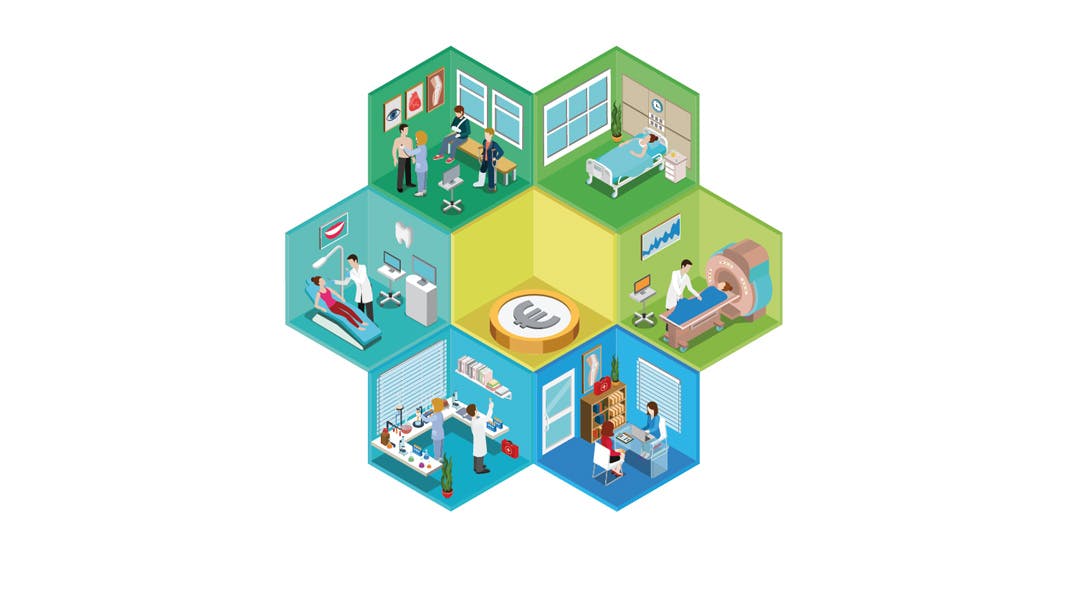
Delivering value
Value-based healthcare delivers the outcomes patients want – with the greatest efficiency
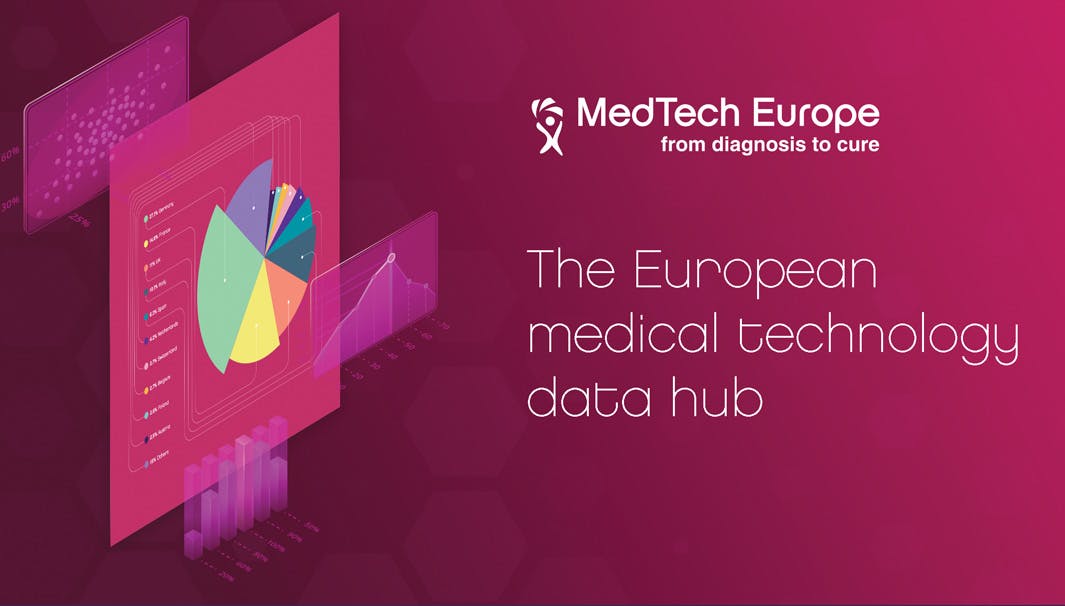
MedTech Europe launches Data Hub
Interactive platform provides the latest data on the medtech industry
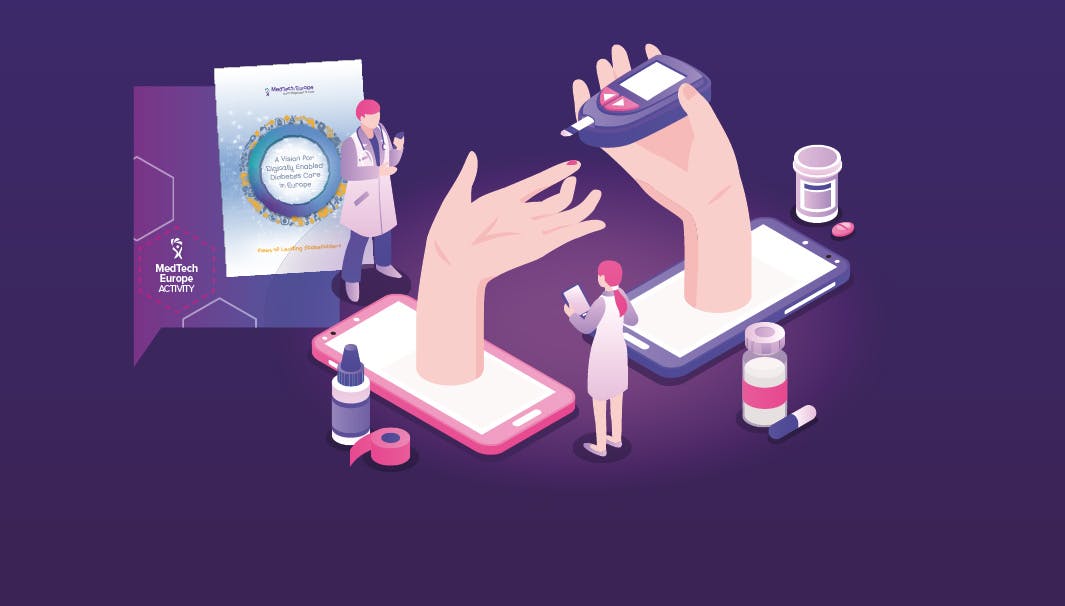
A Vision for a Digitally Enabled Diabetes Care
Digital tools are key to improve diabetes care.
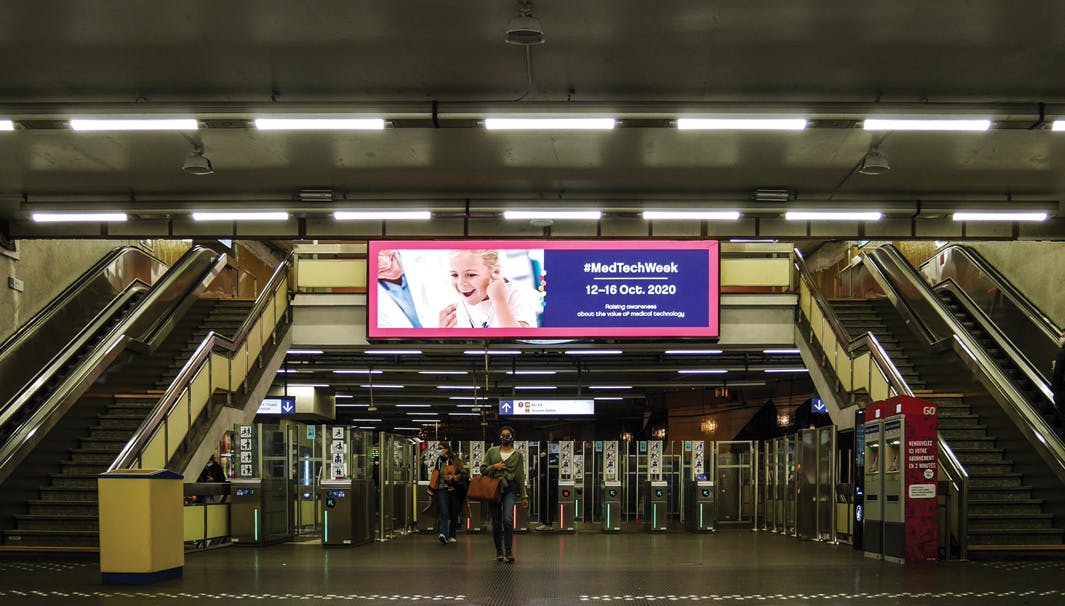
Medtech takes the metro
Role and value of medtech highlighted across Brussels metro stations
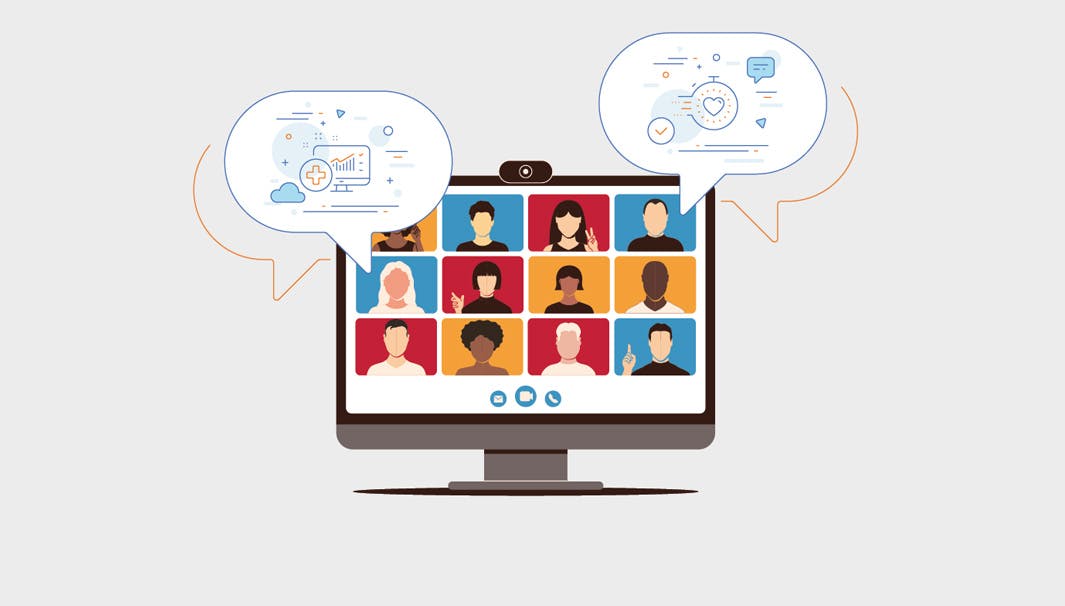
The power of information in diagnostics
Webinar put the spotlight on the value of diagnostic information ‘in the new normal’

Building a healthy society and economy
The medtech sector is powering the future of health – and the economy

Medtech vs chronic diseases
For people with chronic conditions, health technologies are part of everyday life
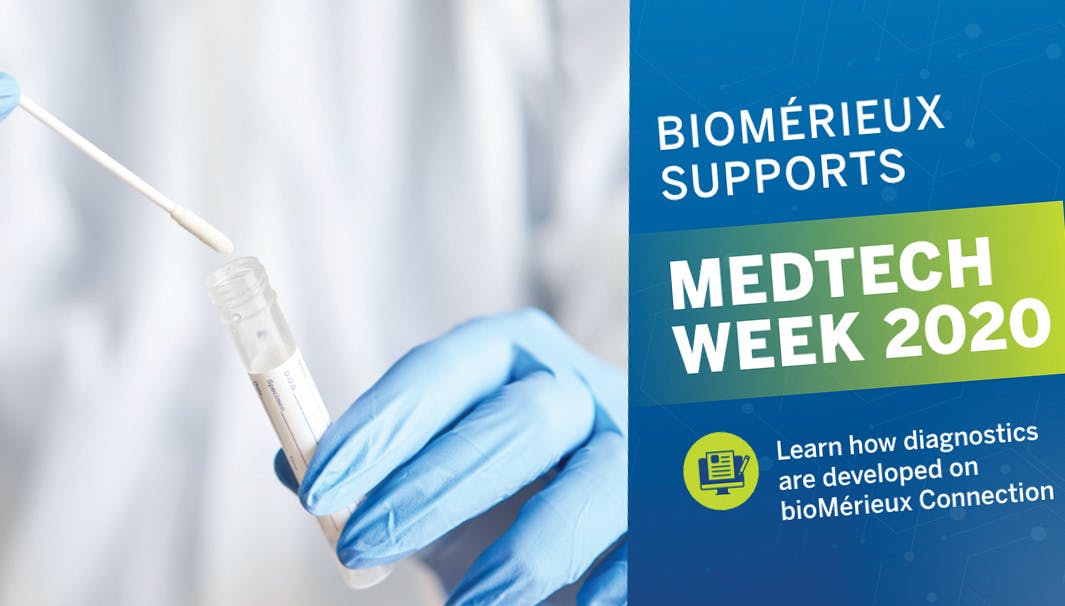
The power of diagnostics
Social media campaign illustrates the value diagnostics bring to health

France preparing for medtech future
Government pledges support for industry which has been at the heart of crisis response

Precision + efficiency = better care
Healthcare has never been more accessible, intelligent or dynamic
Perspectives
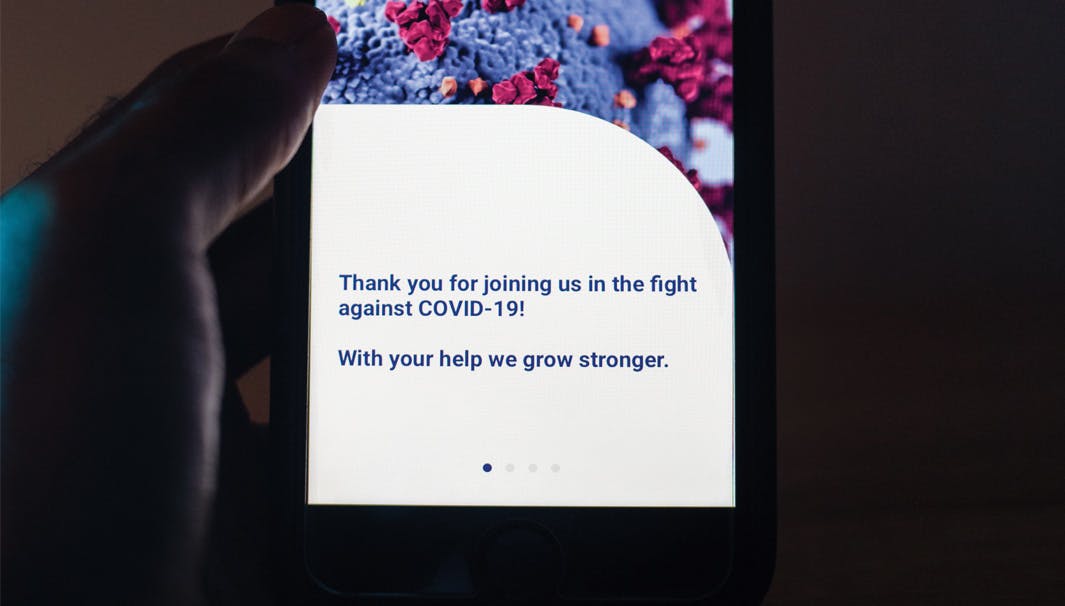
mHealth at a tipping point?
COVID-19 showed the value of digital health technologies. Now, financing new care pathways using such technology enables mHealth apps to go mainstream.

Health & research: why regulations matter
Researchers and clinicians must understand the regulatory rules so we can shape and apply them.
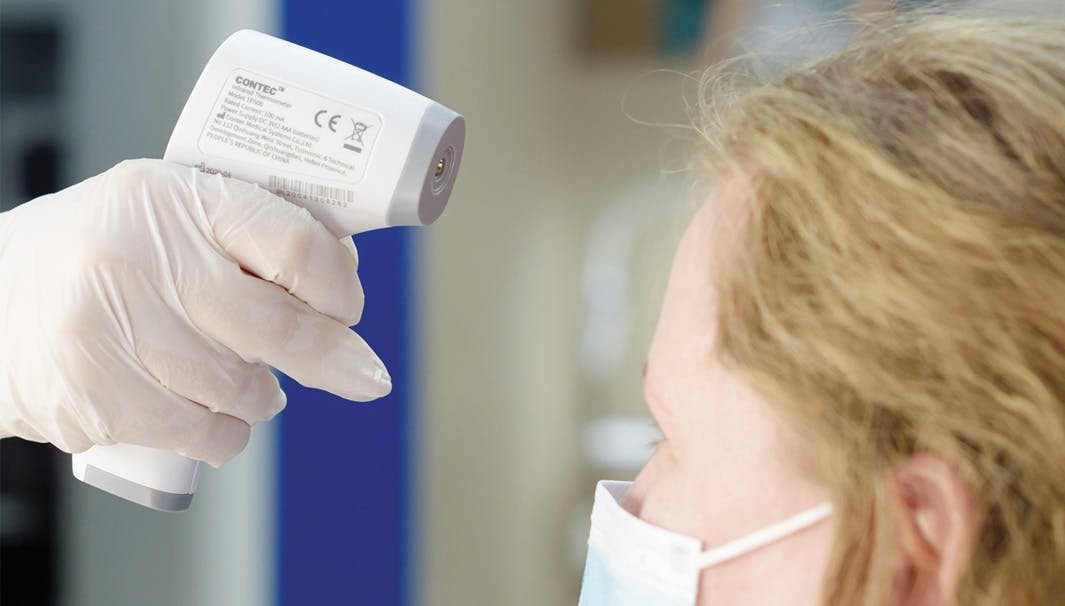
Medtech in a time of crisis
How the COVID-19 crisis changed my perception of the medical device regulatory framework
Digital disruption in diabetes care
What a rollercoaster the last few months have been – a world has been defined through the lens of a global COVID-19 pandemic has embraced digital technology

Telemedicine in the spotlight
How the COVID-19 crisis changed my perception of the medical device regulatory framework
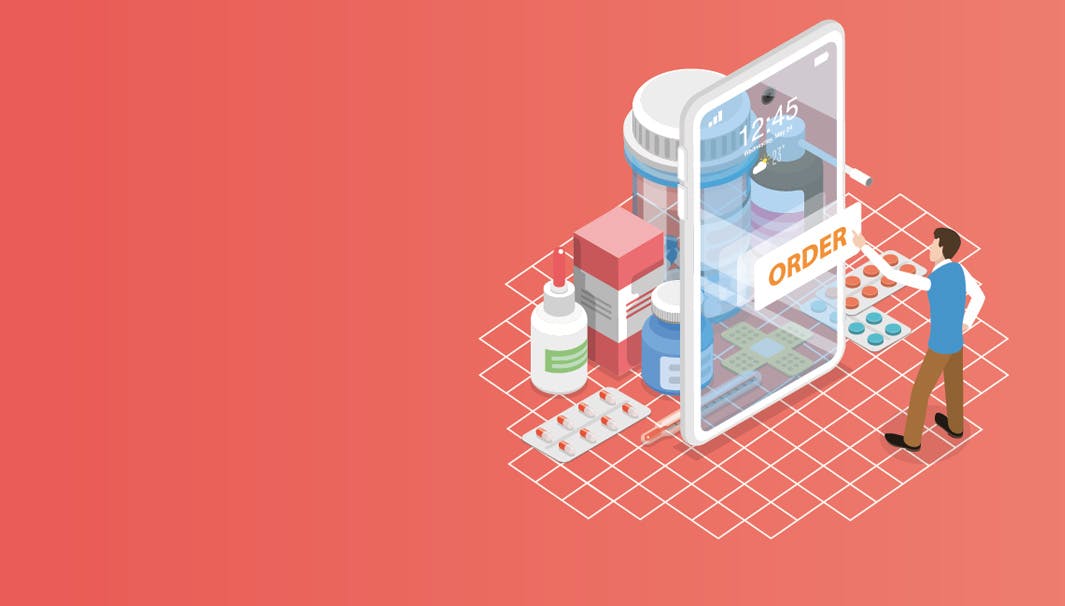
Pharmacy’s digital future
A pharmacy student’s view on digitalisation and eHealth in community pharmacies across Europe

Regions can drive value
Procurement of innovative solutions by regional authorities will help public healthcare systems rise to the challenges we face

The digital transformation of cancer care
New Digital Health Network will focus on embracing new and existing digital tools

Europe’s post-crisis vision
The COVID-19 pandemic sparked a crisis in our health systems from which we must learn – research and innovation on post-acute and long-term care are essential

Wanted: EU action on health
The new second mandate of the European Parliament Interest Group is an opportunity to focus on innovation in health and social care

Europe’s post-crisis vision
The COVID-19 pandemic sparked a crisis in our health systems from which we must learn – research and innovation on post-acute and long-term care are essential
Furio Gramatica
Director of Development & Innovation, Don Gnocchi Foundation
While it seems certain that technology will have a key role to play in the post-crisis period, we need a new way to think about where we should invest research funding in order to get the most value.
The post-COVID patient population has new rehabilitation needs which much be addressed, while rehabilitation services for non-COVID patients must also be reimagined in this changed environment. In both cases, I see a role for technologies – provided that we select the right ones.
The COVID crisis shone a light on the continuum of care. If there is a small beneficial impact of the pandemic it has been the stark realisation that we cannot think in silos any longer. This implies a need for greater collaboration between those working across the healthcare spectrum.
In addition, we need a more active dialogue between healthcare actors, including industry experts. They are the ones who understand the bottlenecks that arose in delivering personal protective equipment (PPE), ventilators and hospital beds. They are uniquely positioned to identify existing technologies that can help in the post-acute phase, and to highlight gaps which we can hope to fill through collaboration research and investment.
If there is a take-home lesson from the crisis we have endured, it is that we need to work together to determine which technologies we should embrace, and how we can connect these tools with those who need them.






